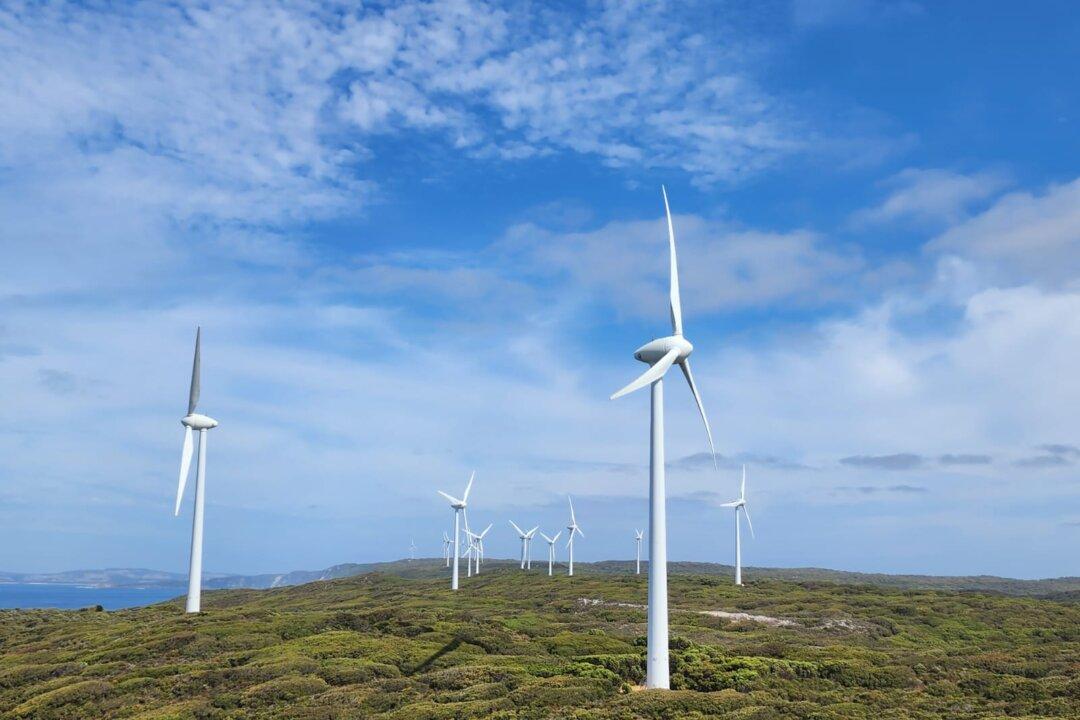A new study claims that inflation from the net zero push was “ill-founded.”
The Centre for Policy Development has released a report (pdf) on the connection between Australia’s “green” transition in the next 30 years and inflation.

A new study claims that inflation from the net zero push was “ill-founded.”